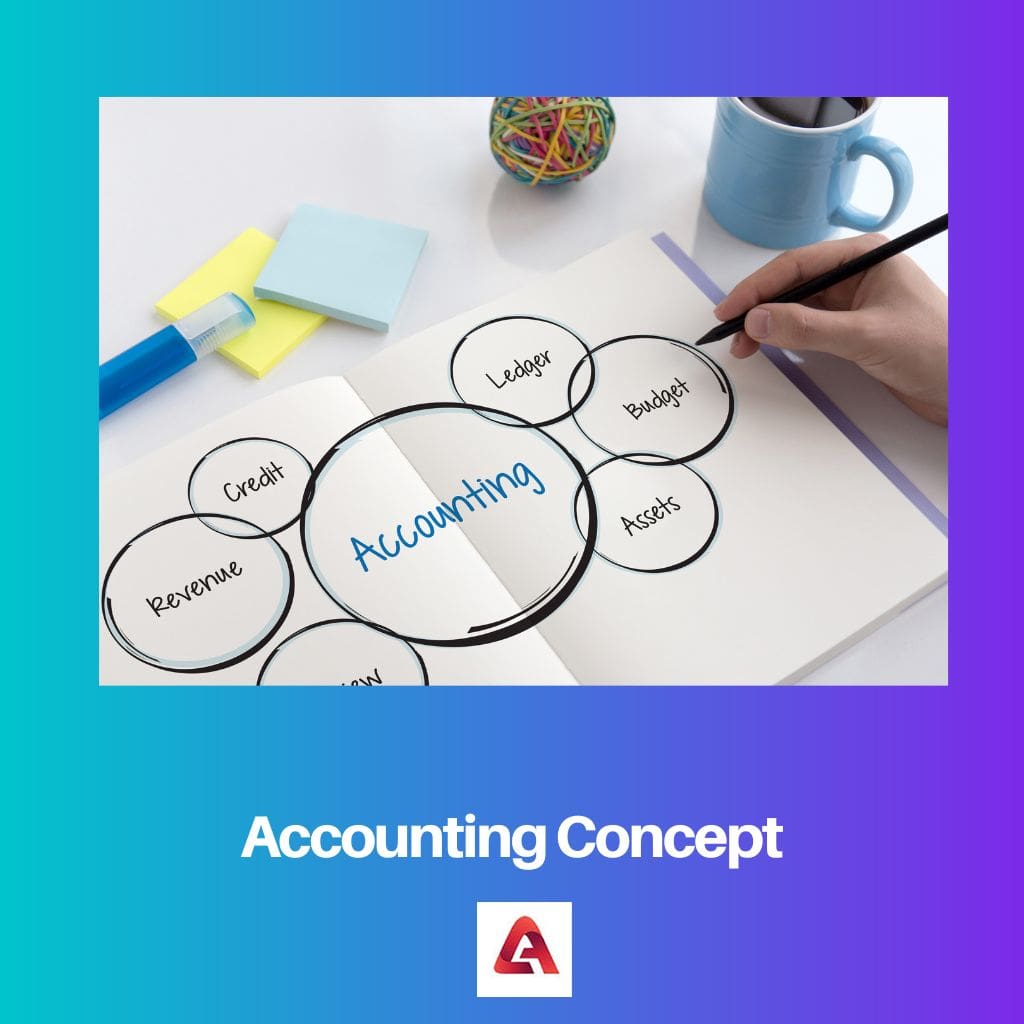The term refers to the overall guidelines, conditions, and accepted norms that help set the parameters and standardize accounting practices. These universally accepted principles form the basis and foundation of accounting. These guidelines allow accounting decisions and financial statements to be prepared uniformly.
The primary purpose of accounting concepts is thus to lay down the fundamentals of the accounting system such that business transactions can be understood uniformly in those terms. This consistency helps to achieve the coherence and transparency required in dealings between investors and stakeholders. Financial data can thus be exchanged and compared directly.
Key Takeaways
- Accounting concepts refer to the basic principles and guidelines that govern accounting practice.
- These concepts include the accrual concept, consistency concept, materiality concept, and more.
- Accounting concepts help to ensure that financial statements are accurate, reliable, and consistent.

Types of accounting concepts
- Entity Concept – This concept is central to any business model, which explains the difference between the individual and his business. This requires the business owner as a separate identity who has to operate independently.
- Money Measurement Concept – Refers to the idea that only financial records are kept in accounting books.
- Periodicity Concept – Lays out the different periods for which accounting needs to be done (yearly, quarterly, and monthly) to study the graphs and interpret the changes over time.
- Going Concern Concept – The idea that the business is a long-term investment, and the accounts must be prepared to keep this in mind.
- Accrual Concept – In this format, transactions are recorded the moment they occur and not when cash exchange occurs.
- Matching Concept – This refers to the accounting of expenditure and revenue for a specific period only.
- The cost Concept dictates that any asset shall be recorded at its acquisition cost in the accounts.
- Realization Concept – The entity must record the asset until it is sold off and the maximum realizable value is reached.
- Dual Aspect Concept – By this, the individual must record the debit and credit factors for any transaction.
Other concepts also refer to the ethics and technical steps involved in the accounting process. This states the prudence and efficacy accounting requires and is expected to ensure the process does not become haphazard or chaotic. Disorderliness can cause massive financial losses.
Advantages of accounting concepts
- Following these accepted norms and regulations help in achieving uniformity and reliability and promotes better understanding.
- Recording financial transactions at every stage ensures a more structured, organized, and transparent business model.
- Management becomes easier concerning debts and payments, which assists in making smarter financial decisions.
Disadvantages of accounting concepts
- Non-monetary transactions become automatically eliminated. Thus, it does not provide a real picture of material assets and transactions.
- In case it is not done meticulously and at every stage, the piling up leads to the difficulty of tracing omissions, leading to dangerously wrong analysis of financial status.
- Accounting concepts only make allowances for the initial and absolute realizable value of assets. The current financial status is overlooked and difficult to be determined in this manner.
- https://www.sciencedirect.com/science/article/abs/pii/S0361368200000209
- https://www.jstor.org/stable/241783?seq=1
Last Updated : 11 June, 2023

Chara Yadav holds MBA in Finance. Her goal is to simplify finance-related topics. She has worked in finance for about 25 years. She has held multiple finance and banking classes for business schools and communities. Read more at her bio page.

The comprehensive explanation invites readers to engage deeply with the content, offering valuable insights.
Absolutely. It is a thought-provoking read, providing an enriching experience for those interested in the subject.
The level of detail in the explanations encourages critical thinking and deep understanding.
The article addresses both the advantages and disadvantages of accounting concepts, which provides a balanced view for the readers.
Yes, I appreciate the unbiased approach. It allows readers to evaluate the information critically.
The information provided is comprehensive and very useful for those who are interested in the field of accounting. It is detailed and clear, very helpful!
This article simplifies the concepts, making it a must-read for anyone interested in this topic.
Absolutely, the article breaks down complex ideas into easily digestible pieces. Great resource!
The ethical considerations highlighted in the article add depth to the discussion, encouraging readers to think critically about accounting practices.
Indeed, the ethical aspect enriches the article, making it intellectually stimulating.
The ethical dimensions provide a holistic view, elevating the quality of the content.
The points on the advantages and disadvantages are compelling and insightful, offering a comprehensive perspective on accounting concepts.
Absolutely, the deep evaluation of the advantages and disadvantages brings a refreshing authenticity to the discussion.
The concepts are thoroughly explained, which is essential to promote better understanding among readers interested in accounting practices.
It is especially beneficial for newcomers to the field, as it covers the basics in great detail.
The precision and thoroughness of the explanations make it an outstanding resource.
The article offers a well-rounded overview of accounting concepts, making it a valuable read for individuals interested in the field.
I agree, the comprehensive coverage of various concepts is commendable.
The in-depth explanations provide a robust foundation for learning about accounting concepts.
These detailed insights are invaluable for anyone looking to expand their knowledge in this area.
The article establishes a strong framework for understanding these complex concepts.
Educational and enlightening. It skillfully covers both the potential benefits and pitfalls of accounting concepts.
It is quite informative, but can be overwhelming for those entirely unfamiliar with accounting. Perhaps a brief summary at the beginning would be beneficial.
I agree, a more simplified introduction would make it more approachable.
Yes, a summary at the beginning would be good. It could help in making the content more accessible.